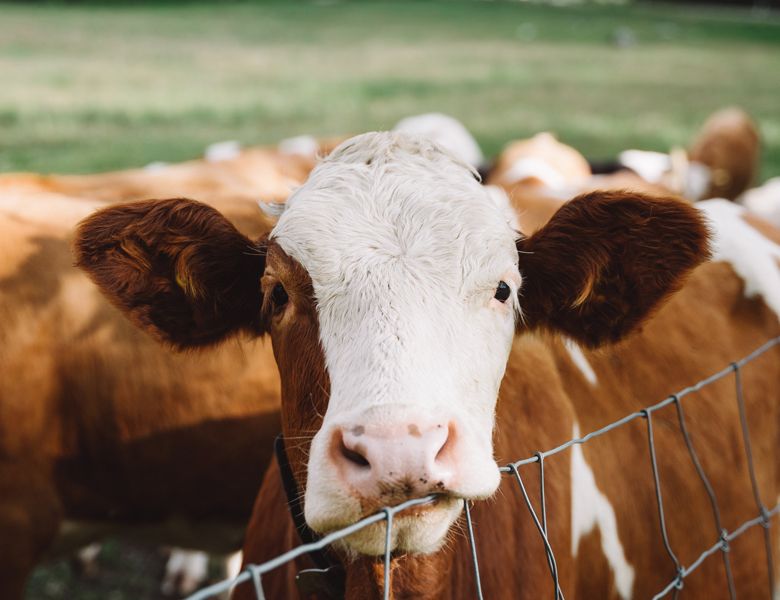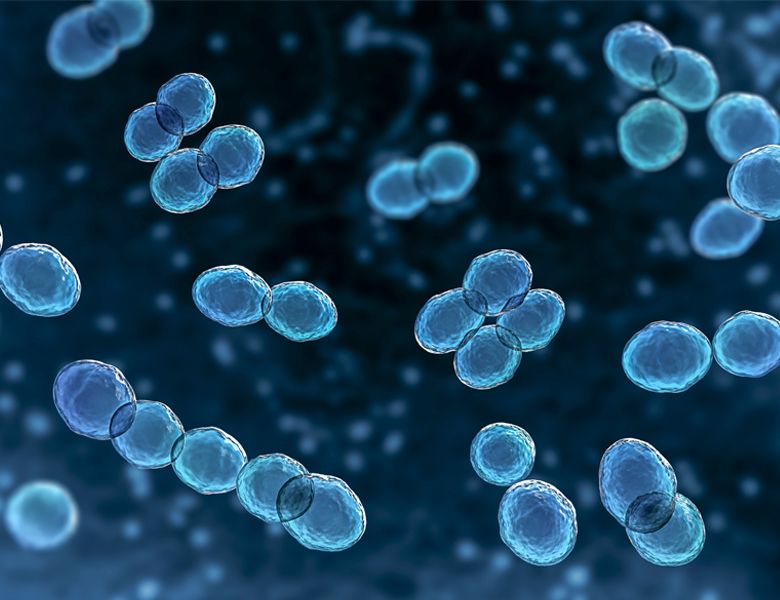Modern Reproductive Technologies for Cattle Breeding

- | آتاماد | News |
- 198
In the midst of climate change and food insecurity, the importance of livestock farming to overcome the nutritional challenges of a growing population is becoming more prominent and evident every year. A report published in Feb 2023, by the Department of Animal Science of Iowa State University Department explains the importance of using reproductive technologies, especially for livestock, to attain global food security.
Modern reproductive technologies
Livestock is one of the vital food sources. Using science-based techniques, scientists have succeeded in improving the efficiency of food production from animals, for example, developed cattle breeds with desired traits, such as leaner meat, and increased milk. Artificial insemination (AI) and embryo transfer (ET) are two reproductive technologies that enhance the genetic improvement of livestock breeds.
1. Sperm sexing
Sperm sexing is another reproductive technology that compliments AI. It results in the physical separation of the Y-chromosome-bearing sperm from an X-chromosome-bearing one. Using sexed sperm cells for AI pre-determines a newborn animal’s sex with high accuracy (85-95%). This technology can help beef cattle farmers produce more males for meat production and dairy cattle farmers have more females for milk production.
2. In vitro Embryo production
Producing embryos via in vitro method is another modern reproductive technology used in livestock. It begins by harvesting the immature eggs of genetically superior female cattle. The eggs are kept and matured in a laboratory, until such time that it is ready for fertilization. Once fertilized, the eggs are placed in an incubator. Embryos can also be produced inside a living cow, in vivo method. Donor genetically elite female cattle receive booster shots that enhance their follicle-stimulating hormone level. The embryos produced through both the in vitro and in vivo methods are used for ET.
3. Genetic testing
Genetic information obtained through genetic testing helps to select animals with greater productivity potential as ET donors and AI bulls. Genetic testing also helps identify genes that affect an animal's fertility and overall health.
4. Genome editing
The popularity of genome editing is due to the application of precise genetic changes. Compared to conventional breeding programs, genome editing is a faster and more efficient way of developing animals with more desirable genetic combinations. The technology induces a controlled, intentional change in a fertilized egg using a naturally occurring gene by a specific naturally occurring enzyme system. Examples of genome editing tools are CRISPR, TALENs, and ZFNs. Recently, researchers have developed genome-edited cattle born without horns, cattle with increased muscle mass for better meat, and cattle that better tolerate warmer temperatures.
Environmentally friendly
In 1965, artificial intelligence was used in the United States, and in 2000, embryo transfer was used in the cattle industry. Despite the decrease in the number of dairy cows until 2021, the amount of milk supply increased thanks to the increased productivity of each cow. Apart from the genetic improvement of livestock, modern reproduction technologies have also helped the sustainability of the cattle industry by reducing its carbon footprint.
Therefore, using mentioned technologies allow farmers to meet the population’s food and nutritional requirements without excessive use of resources. Food security through sustainable agriculture in a clean environment is attainable with scientific technological advancement, careful ethical considerations, and full community support across the globe.
Reference:
GET IN TOUCH
Copyright © 2023 Atamad.com All right reserved
Website design and SEO services by Seohama team – Web hosting by Sarverhama
Copyright © 2023 Atamad.com All right reserved
Website design and SEO services by Seohama team – Web hosting by Sarverhama








